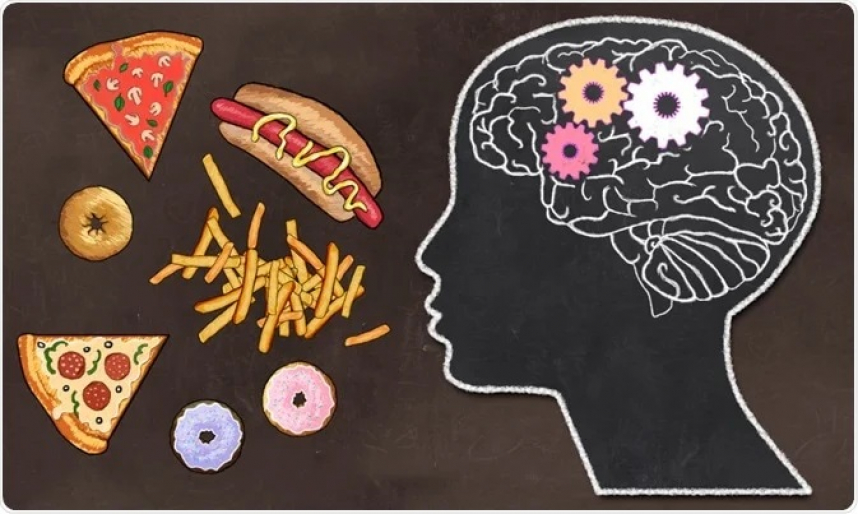
Roughly one-in-five children and adolescents worldwide suffer from harmful eating behaviors that could put them at risk for serious disorders, with girls particularly affected, a new review of published studies suggests.
Researchers analyzed 32 studies published since 2000 involving more than 63,000 children and teens between the ages of 6 and 18 from 16 countries. All participants, about half of whom were girls, were considered to be physically and mentally healthy, and all had completed a widely-used five-item screening questionnaire for identifying eating disorders.
The questionnaire asked:
(1) Do you make yourself sick because you feel uncomfortably full?
(2) Do you worry you have lost control over how much you eat?
(3) Have you recently lost more than 14 pounds (6.4 kg) in a 3-month period?
(4) Do you believe yourself to be fat when others say you are too thin?
(5) Would you say that food dominates your life?
On the basis of "yes" answers to at least two of the questions, 22% were characterized as having "disordered eating," a term used to describe harmful eating behaviors that may not qualify as an eating disorder, which is considered a form of mental illness.
Rates of disordered eating were significantly higher in girls than in boys and rose in parallel with age and body mass index, the research team reported on Monday (20/2) in JAMA Pediatrics.
Disordered eating can lead to eating disorders with harmful consequences, the authors noted. They said the high proportion of disordered eating found in this study reinforces the importance of screening for eating disorders by primary care clinicians.